
Plato: Letters to my Son(现货,实拍书影)
¥ 480 九五品
仅1件
作者Neel Burton (Author)
出版社Acheron Press; 1 edition
ISBN9780956035387
出版时间2013-04
装帧平装
页数240页
货号V2
上书时间2018-01-25
- 在售商品 暂无
- 平均发货时间 13小时
- 好评率 暂无
- 最新上架
商品详情
- 品相描述:九五品
-
外表轻微磕碰磨损,新书未曾使用(见实拍书影)
2@A22
- 商品描述
-
My doctor tells me that, at last, I am dying. The time has come for me to write, or, rather, dictate these letters to you. I pray that I might remain lucid for long enough to finish the task and ask that you forgive any lapses in my memory or reason. I propose not so much to counsel you as to furnish you with an account of my life and thought; not the impersonal and incomplete fabrication that you or anyone might piece together from my books, but the real account in so far as there could ever be such a thing. For all the man and the god that I have found in you, I do not, and cannot, expect your tender years to tease out my every accent and every nuance, and I am writing as much to account myself to you as to account myself to myself.
'Letters to my Son' is inspired by an obscure and apocryphal fragment in Diogenes Laertius purporting to be Plato's will, in which the great philosopher bequeaths his possessions to his son Adimantes. Burton runs with this idea, 'channelling' Plato dictating letters to this mysterious son from his deathbed. Plato never married, and moreover was likely a homosexual who overtly eschewed family life. Therefore, this intriguing literary device leaves the reader guessing as to the boy s true relationship to the much older man ... The union of genuine philosophical exposition with the format of an instructive letter recalls Seneca's Letters to Lucilius. Burton excels at this Stoic style: to the point, witty, and easy to read.
Dr Neel Burton is a psychiatrist, philosopher, writer, and wine lover who lives and teaches in Oxford, England. He is a Fellow of Green Templeton College, Oxford, and the recipient of the Society of Authors' Richard Asher Prize, the British Medical Association's Young Authors' Award, the Medical Journalists' Association Open Book Award, and a Best in the World Gourmand Award.
相关推荐
-
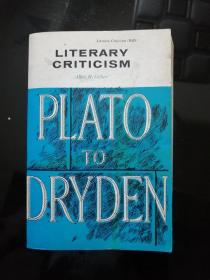
plato to dryden
八五品上海
¥ 120.00
-

Preface to Plato
八五品北京
¥ 399.00
-

FROM PLATO TO NIETZSCHE
八品濮阳市
¥ 25.41
-

Plato To-day
九品北京
¥ 799.00
-

From Plato to Nietzsche
八五品厦门
¥ 40.00
-

Letters to Felice
九品东莞
¥ 80.50
-
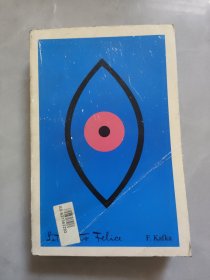
Letters To Felice
八五品商丘
¥ 75.00
-

Letters to Milena
九五品北京
¥ 130.00
-

Letters To Felice
九品杭州
¥ 80.00
-

LETTERS TO AMERICA
九品北京
¥ 215.00
— 没有更多了 —













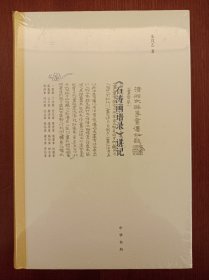

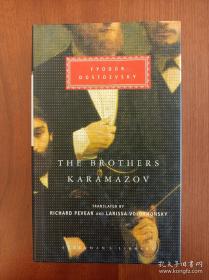
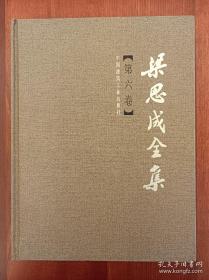


以下为对购买帮助不大的评价